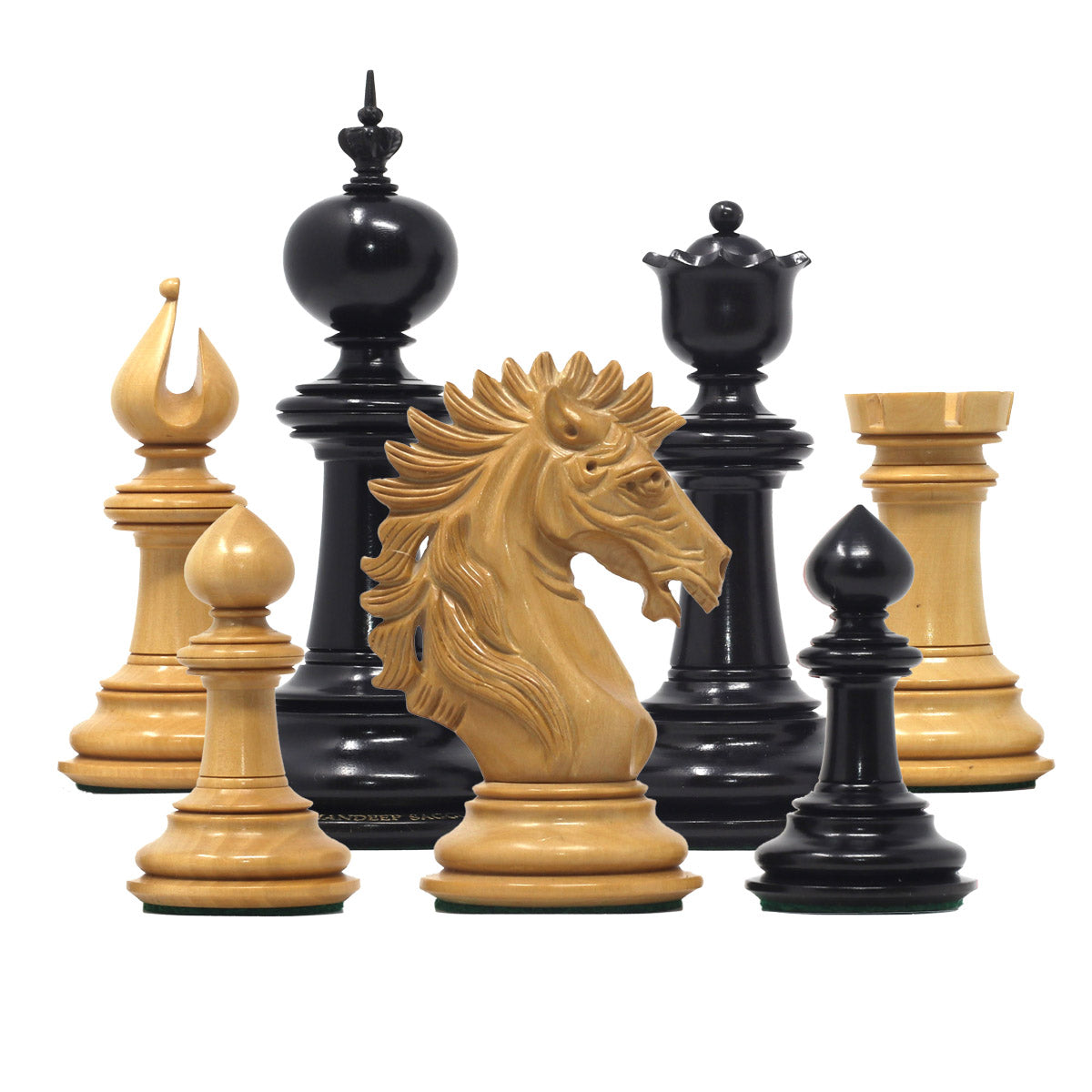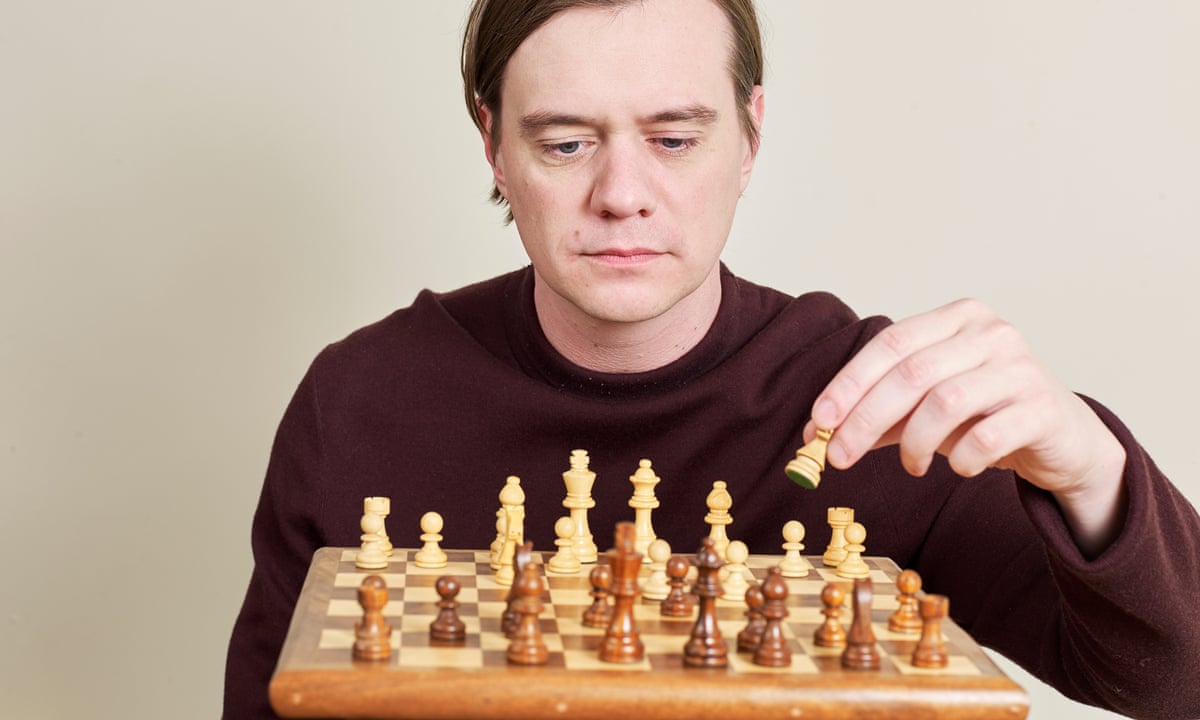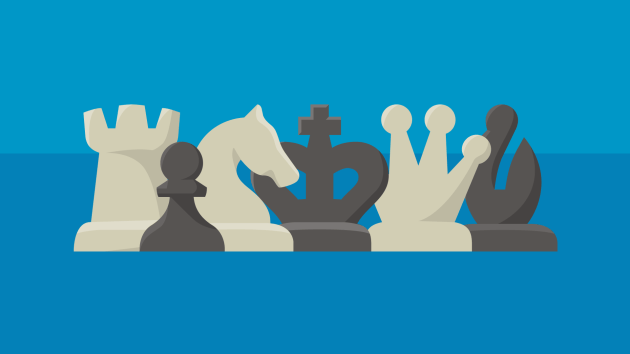How Chess Champions Like Kasparov and Fischer Inspired Generations
Wiki Article
Everything about Chess: Discover the Fascinating History and Approaches Behind the Game
Chess, with its origins going back to sixth century India, has actually changed substantially over the centuries. This game has actually astounded minds worldwide, showcasing the brilliance of legendary gamers like Garry Kasparov and Bobby Fischer. Comprehending the details of chess, from the movements of each item to necessary strategies, discloses its depth. The question stays: what drives the sustaining attraction with this ancient game? Exploring its history and techniques might discover deeper insights.The Origins of Chess: A Journey With Time
Although the specific origins of chess continue to be unpredictable, historical evidence recommends that the game advanced from earlier approaches played in India around the sixth century. Called Chaturanga, this early kind of chess featured pieces representing infantry, mounties, elephants, and chariots, reflecting the armed forces strategies of the time. As Chaturanga spread via profession paths, it adapted to different societies, causing the creation of Shatranj in Persia. This alternative introduced brand-new rules and piece activities, laying the structure for modern chess.Chess Prodigies: Notable Numbers in the Game's Background
Throughout chess history, amazing natural born players have emerged, shaping the game's landscape and motivating future generations. From epic champs that controlled the boards in their time to modern-day talents redefining the limits of youth and skill, these gamers have actually made indelible marks on the sport. Their stories highlight not only specific luster yet additionally the developing nature of chess as a competitive undertaking.Epic Chess Champions
Chess has actually been formed by the luster of countless famous champions whose contributions have left an enduring mark on the game. Numbers like Garry Kasparov, known for his dynamic style and unequaled tactical depth, dominated the chess world throughout the late 20th century. Anatoly Karpov, his rival, showcased extraordinary positional understanding and emotional prowess, protecting several world titles. Bobby Fischer, an American natural born player, transformed chess with his unrivaled skill and intense emphasis, culminating in his 1972 World Champion success. Additionally, José Raúl Capablanca's all-natural capability and endgame mastery established new criteria in the very early 20th century. These champions not just stood out in competitors yet likewise influenced generations, shaping chess into a global phenomenon celebrated for its intellectual rigor and artistry.Contemporary Prodigies
What makes a chess natural born player absolutely amazing? The ability to comprehend intricate approaches at a tremendously young age establishes them apart. Contemporary chess natural born players like Magnus Carlsen, Fabiano Caruana, and Alireza Firouzja have astounded audiences with their phenomenal talent. Carlsen, becoming a Grandmaster at simply 13, redefined expectations and rose to World Champion condition. Caruana, recognized for his deep prep work and tactical prowess, has actually continually challenged the elite. Firouzja, birthed in 2003, stands for the brand-new generation, integrating creativity with unrelenting ambition. These gamers exemplify a mix of natural ability, extensive training, and mental fortitude, affecting the game's development. Their payments guarantee that chess stays a dynamic and vibrant self-control, motivating future generations of players worldwide.Understanding the Chessboard: Parts and Their Movements
The chessboard acts as the combat zone where complex strategies unravel, including a special collection of items, each with unique motions and duties. Comprising 64 squares organized in an 8x8 grid, it is home to the king, queen, rooks, knights, bishops, and pawns. The king, the most vital piece, moves one square in any instructions, while the queen, one of the most powerful, can traverse any kind of number of squares vertically, horizontally, or diagonally. Rooks relocate straight lines, whereas diocesans slide diagonally across the board. Knights possess a special L-shaped activity, leaping over other pieces. Pawns advance one square however capture diagonally, with the choice to relocate 2 squares ahead on their first relocation. Each item's activity adds to the detailed dancing of technique and strategies, making the chessboard a dynamic stage for intellectual fight. Recognizing these activities is basic for gamers aiming to navigate the intricacies of the game.
Crucial Strategies for Beginners: Tips to Boost Your Game
Grasping the movements of chess pieces prepares for creating efficient techniques. For beginners, concentrating on controlling the facility of the board is vital. This allows for greater mobility and impact over the game. Developing items early, instead than relocating the same item multiple times, can assist develop a solid position.Furthermore, gamers should prioritize king safety by castling early, making certain the king is concealed from dangers. Recognizing tactical possibilities, such as forks, pins, and skewers, can give advantages in product gain. It is also vital to assume ahead; expecting a challenger's moves fosters far better defensive and offensive play.
Keeping a balanced method between hostile and protective strategies can stop unnecessary blunders. By executing these essential approaches, beginners can enhance their gameplay and construct a solid structure for future improvement in chess.
Advanced Strategies: Raising Your Chess Skills
In the domain of chess, mastering sophisticated tactics can greatly improve a gamer's ability. Acknowledging tactical patterns, mastering endgame approaches, and comprehending opening up concepts are crucial components Look At This that boost one's game. These components not only improve total efficiency yet additionally foster deeper tactical thinking.
Tactical Patterns Recognition
Acknowledging tactical patterns is essential for elevating chess skills to a higher degree. Gamers who master these patterns can identify opportunities for tactical maneuvers, enhancing their chances of success. Typical patterns include forks, pins, skewers, and discovered attacks, each offering critical advantages when executed effectively. Understanding these concepts enables players to anticipate their opponent's actions and counter them successfully. Furthermore, researching traditional games can reveal how masters utilized tactical patterns to secure victories. Normal method and evaluation of one's own games can further enhance pattern recognition, enabling players to react swiftly and accurately during matches. Eventually, refining this ability changes the technique to chess, linking the void between amateur and sophisticated play.Endgame Techniques Proficiency
Effective endgame strategies can greatly influence the outcome of a chess suit, usually figuring out the difference in between a win and a draw. Advanced gamers recognize the relevance of piece control and the application of pawns in the endgame. Key tactics include promoting pawns to queens and developing passed pawns that can advance unobstructed. Recognizing vital placements, such as the resistance and zugzwang, is necessary for achieving advantageous setups. Mastery of endgame techniques, such as king and pawn versus king situations, can turn potential losses right into draws or wins. Players need to additionally concentrate on streamlining the setting when in advance, trading items to transform product benefits right into triumph. Continuous technique and analysis of endgame settings will certainly raise a gamer's total chess abilities greatly.
Opening Up Principles Recognizing
Understanding endgame strategies lays a solid structure for comprehending opening up concepts. In chess, the opening phase is vital as it establishes the phase for the center game. Chess. Players must focus on control of the center, establishing pieces effectively, and making certain king safety. Reliable openings typically include moving pawns to establish main prominence while working with minor and significant pieces for optimal activity. The principles highlight stagnating the very same item multiple times without need and preventing very early queen growth, which can lead to susceptability. By sticking to these foundational strategies, players can create a strong framework that enhances their tactical possibilities later in the game. Understanding these opening principles is vital for elevating one's chess abilities and achieving success
The Cultural Effect of Chess: Why It Issues Today
Chess, a video game with origins tracing back over a millennium, continues to exert a profound social impact across the world. It goes beyond simple amusement, serving as a tool for education, vital thinking, and social communication. Several instructional institutions include chess into their curricula, promoting cognitive development and calculated reasoning amongst trainees. The game also fosters inclusivity, combining diverse areas and motivating intergenerational links.Chess has penetrated popular society, inspiring literary works, films, and also fashion. Famous numbers like Bobby Fischer and Garry Kasparov have ended up being social icons, showing the game's possibility for personal and nationwide satisfaction. In the electronic age, online platforms have actually even more equalized accessibility to chess, allowing millions to involve with the game. As society deals with More about the author complex obstacles, chess remains appropriate, supplying lessons in perseverance, foresight, and resilience, thereby enhancing its value in modern-day society and life.
Frequently Asked Concerns
How Has Chess Influenced Pop Culture and Media?
Chess has significantly influenced prominent society and media, showing up in movies, literary works, and art. It signifies intellect and approach, inspiring narratives and characters while advertising motifs of dispute, competition, and the human experience.What Are the Perks of Playing Chess for Mental Wellness?

Are There Different Chess Variants Played Around the World?
Yes, numerous chess variations are played internationally, consisting of Bughouse, Chess960, and Three-check chess. Each alternative presents unique policies and techniques, offering players with diverse experiences and obstacles that differ from traditional chess.How Do Chess Engines and AI Effect Modern Chess?
Chess engines and AI significantly boost modern chess by giving advanced evaluation, improving gamer abilities, and influencing techniques. They work as training devices and competitors help, transforming exactly how players come close to the game at all degrees.What Are Usual Misunderstandings Concerning Chess Players?
Usual misunderstandings regarding chess players consist of the belief that they are all shy geniuses, exclusively concentrated on technique. Chess. In truth, gamers differ considerably in individuality, background, and method, typically delighting in social interactions and varied rate of interestsReport this wiki page